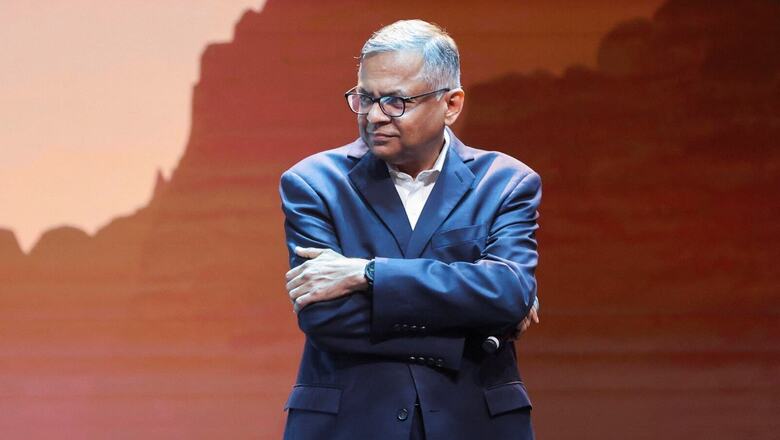
views
Since last year, there have been talks of Tata Group’s plans for getting into the semiconductor field. But it is only recently that N Chandrasekaran, chairman of Tata Sons Pvt, at an event in Mumbai on April 29 clearly stated the organisation’s plans.
Chandrasekaran said that in addition to making chips, plans to manufacture batteries for electric vehicles (EVs) will be announced soon.
It is noteworthy that in Tata Motors Limited’s annual report, he also mentioned evaluating partnerships for cell and battery manufacturing in India and Europe.
The Tata Group’s plans are in line with Prime Minister Narendra Modi’s efforts to make India a leader in semiconductor manufacture and minimise its dependency on imports in the face of global supply chain disruptions.
According to previous reports several foreign chip giants, including Intel Corp. and Taiwan Semiconductor Manufacturing Co., are looking into setting up a base in India.
Automobile and electronics manufacturers throughout the world are dealing with semiconductor scarcity, which has been compounded by pandemic-caused lockdowns in China, in turn hampering the industries by rising input costs.
To deal with the shortage of semiconductors, Tata Motors is opting for premium freight, looking for alternate chips, and purchasing them on the open market, according to Chandrasekaran.
He believes that the scarcity would last at least six months and that the fourth quarter will be more uncertain than the previous year.
A government official, meanwhile, said Tata is in talks with Tamil Nadu about establishing a chip-making facility and the state has proposed Coimbatore as the location for the factory, while the group is still in talks with other southern states like Karnataka and Telangana.
Batteries and EV
Tata also announced plans to manufacture batteries for EVs, promising more information about the venture at a later date.
Though Chandrasekaran did not provide specifics, he stated that the company “will not be limited in our journey towards EV leadership by what is required in terms of capital, talent, and a robust supply chain”.
However, Tata Motors’ managing director of passenger vehicles and Tata Passenger Electric Mobility, Shailesh Chandra, reportedly said that the company currently imports certain components of an EV battery, such as cells, and assembles the battery pack locally.
At the event, Chandrasekaran said: “We also assemble modules, and are in the process of indigenously developing the battery management system. In fact, a lot of things that go into making a battery pack are being localised, but the cell will take some time.
“The good thing is the government is also actively involved in this, with steps such as the ACC-PLI, so there will be a capacity that will be developed over time,” he added.
On April 29, Tata Motors unveiled its all-electric pure EV architecture, which would be used to produce only EVs.
In 2025, the first car based on this architecture will be released. Built on this architecture, the Avinya concept car will have a range of more than 500 km on a single charge.
“While the government aims to have EV sales accounting for 30% of private cars by 2030, we are aiming higher. We have made tremendous progress in Generation 1 and Generation 2 EV architectures, and today we are unveiling Generation 3 for the world,” said Chandrasekaran.
Read all the Latest Auto News here
















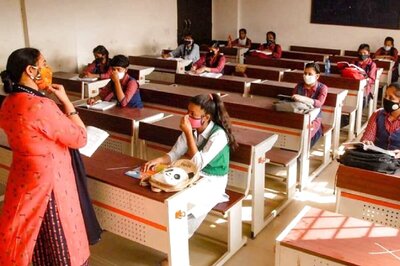
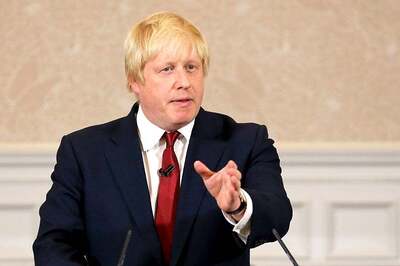
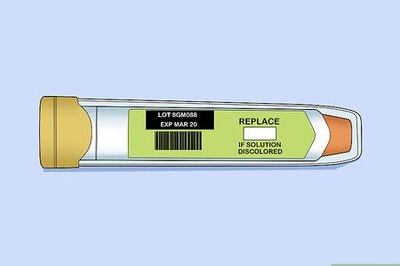
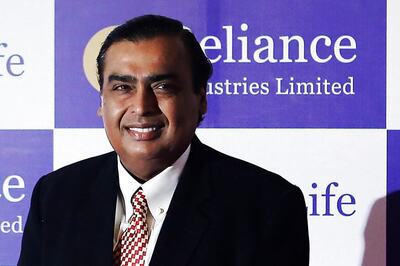
Comments
0 comment